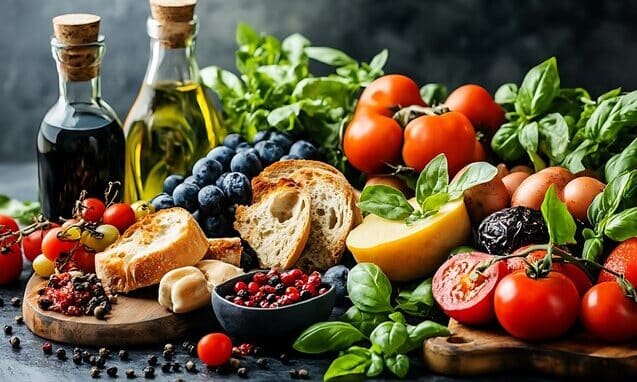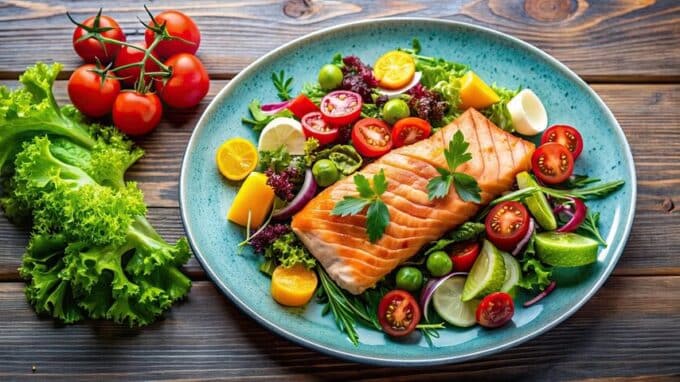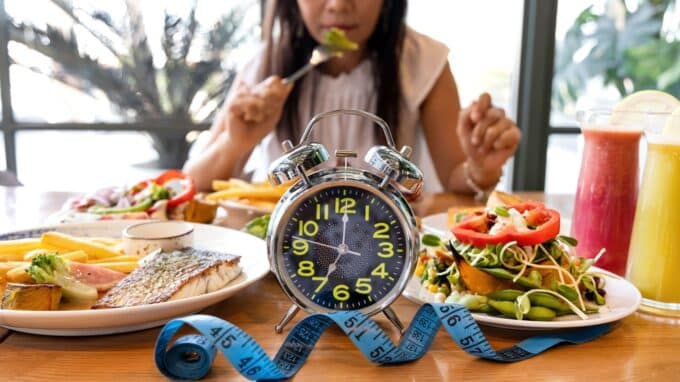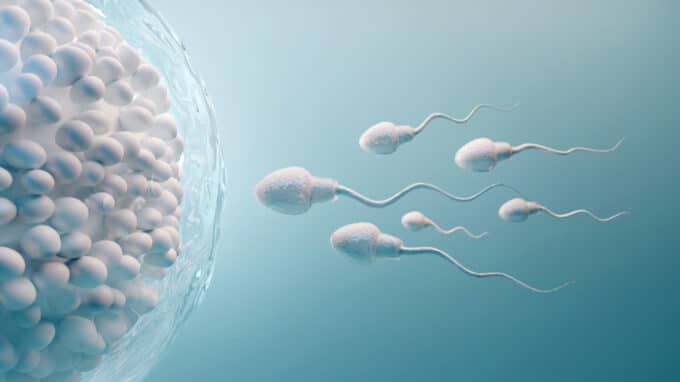There are many factors that can have a positive effect on fertility. These include your daily diet. Research shows that women who watch their weight and follow a Mediterranean diet with plenty of vege...
A Mediterranean Diet Can Help Women Undergoing IVF to Achieve a Successful Pregnancy








